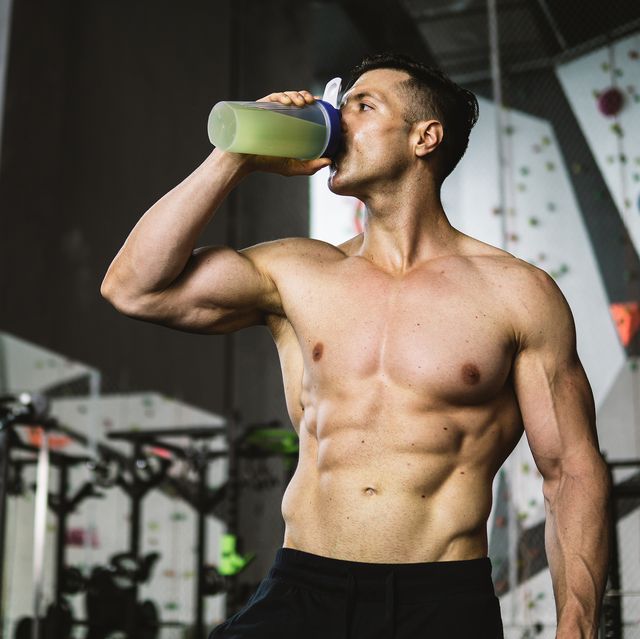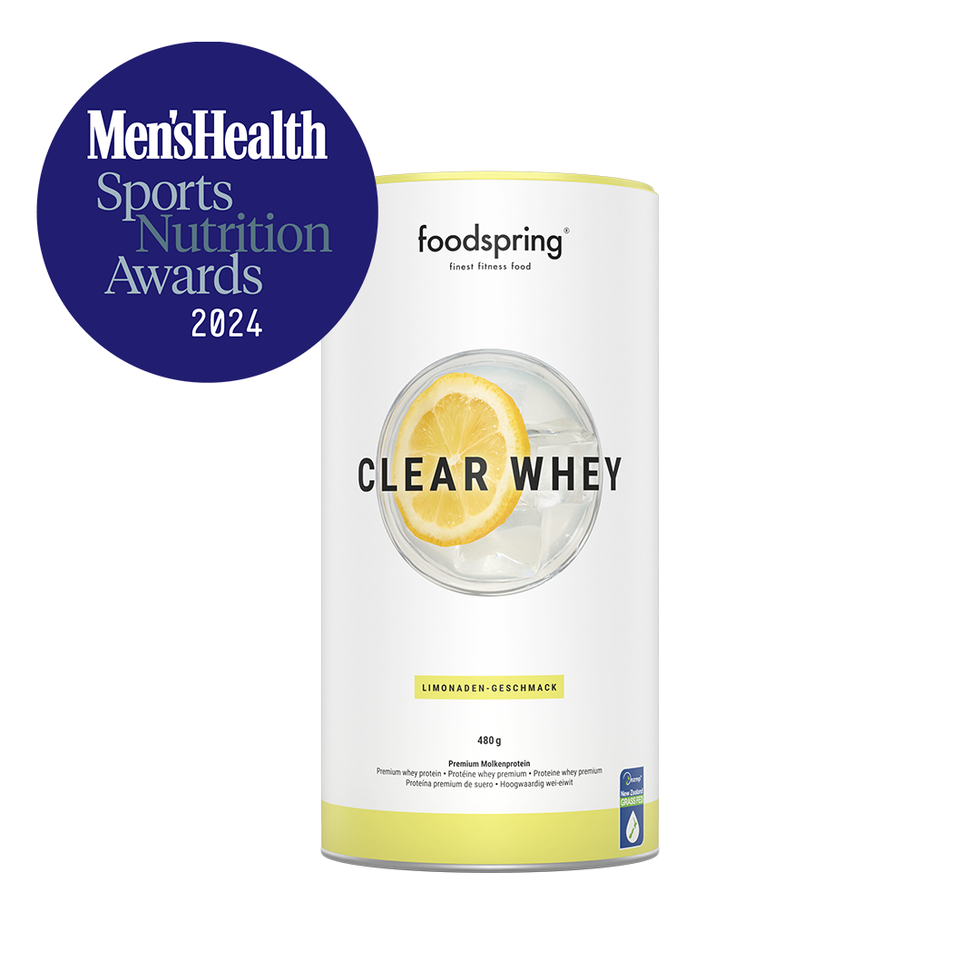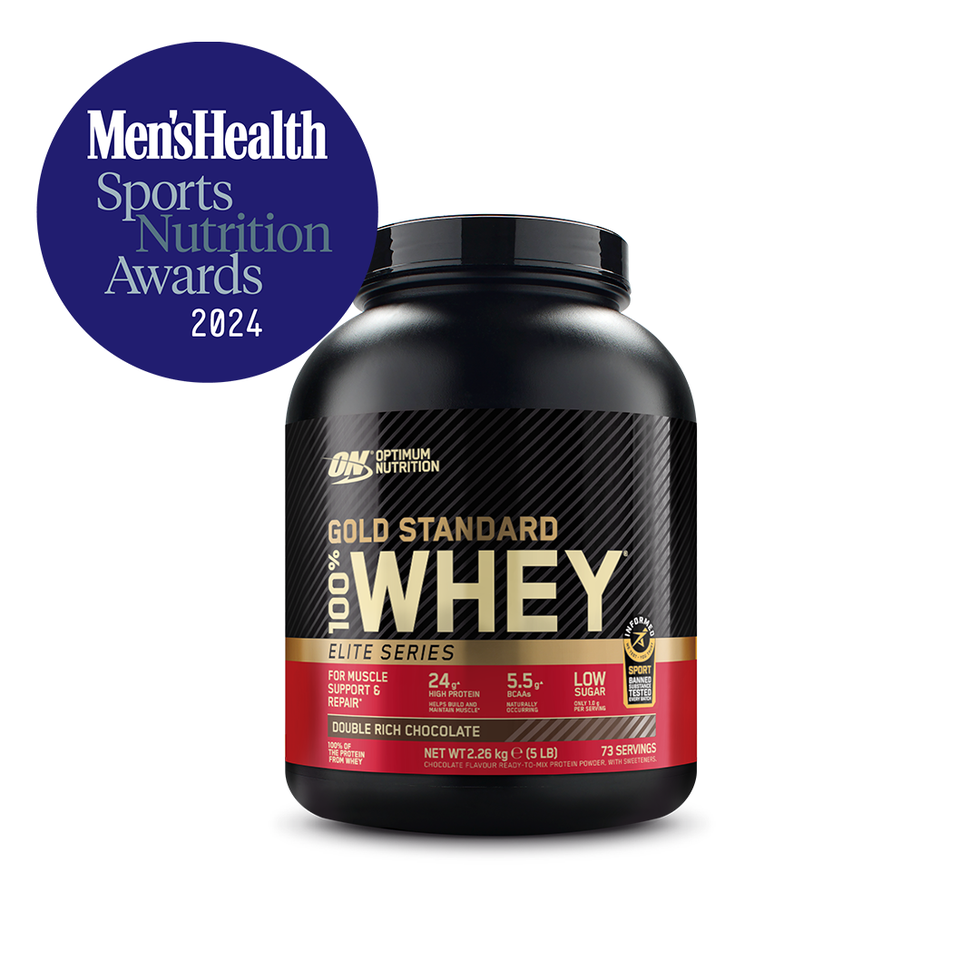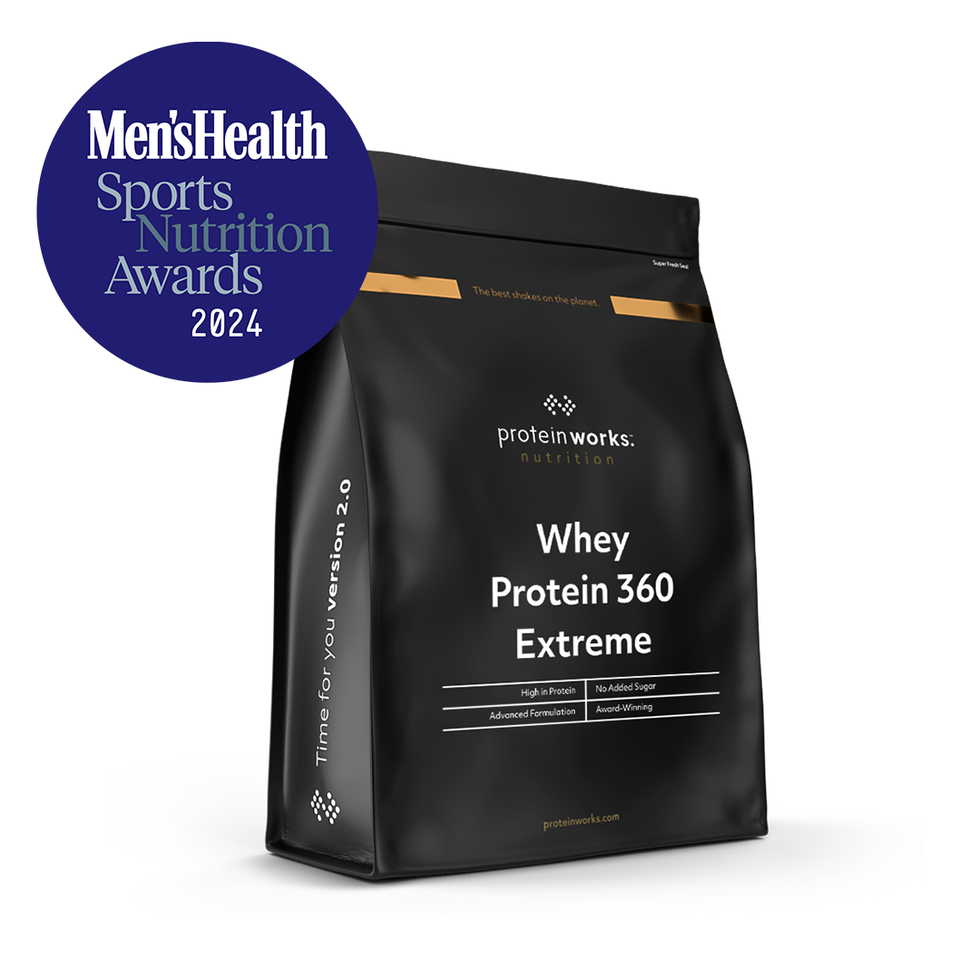The timing of protein intake in relation to workouts has been a hot topic of research and discussion in the fitness and sports nutrition communities, as well as at your local squat rack, for years. Should we have our protein shake before our workout? After? During? And is there a optimal window?
Bro science has led people to believe that you must fit your protein into an 'anabolic window'. However, evidence has found that the window is larger than once believed.
According to a review published in the Journal of the International Society of Sports Medicine, you don't need to down a protein shake the minute you step off the gym floor to avoid losing gains. The amount of time to ingest protein is actually much wider, and the main focus should be on total daily-protein intake.
Should You Have a Protein Shake Before or after Your Workout?
The same review reflects that 'both' could be the answer. It recommended: high-quality protein dosed at 0.4–0.5 grams per kilogram of lean body mass, both before and after exercise is a simple, relatively fail-safe general guideline.
But there are nuances to consider. Another recent review published in the Journal of the International Society of Sports Nutrition concluded that any positive effects noted in timing studies were found to be due to an increased overall protein intake, rather than the timing, so further investigation is needed.
The consensus of another study published by PeerJ is that both pre and/or post workout protein intake can contribute to muscle growth. It stated 'The trainee is free to choose, based on individual factors (i.e., preference, tolerance, convenience and availability), whether to consume protein immediately pre- or post-exercise.' So, as long as you're getting enough protein throughout the day, timing shouldn't matter too much.
How Much Protein Do You Need?
Instead of focusing on protein timing, aim to hit a total daily protein target suitable for your own needs. Examine recommends the following daily targets:
Focus on the overall daily protein content of your diet, rather than worrying too much about timing. For active individuals wishing to gain muscle, aiming for a total daily intake of 1.6-2.4 grams of protein per kilogram of body mass should be sufficient.
How to Meet Your Protein Target
You may have calculated your protein targets and feel a bit overwhelmed with just how much you need to consume to meet your targets. It's really important that you slowly increase your protein intake week by week so that you can build a new habit slowly. Behaviour change is crucial for improving nutrition, so if your current intake is a lot lower than your calculated intake, slowly build it up with the following habits to ensure you build long term behaviour changes:
- Including a portion of protein in each meal. You can focus on food sources such as: eggs, chicken, beef, fish, dairy and legumes to do so.
- High-protein snacks in between meals such as yoghurt, eggs or beef jerky.
- Supplementation with protein powders and bars.
When Should You Drink Protein Shakes?
As previously mentioned, another important variable to consider, is your own preferences and how convenient it is for you to have protein shakes before or after your workout. Knocking back tonnes of protein as you run the to gym might not be suitable for your needs, or digestion. Consider:
- First and foremost, hitting your daily protein targets over the course of the day.
- Giving yourself enough time to digest the protein shake before your workout, at least 30 minutes-one hour upwards should be sufficient.
- Not stressing about getting your protein in straight after the gym, consume it at a time appropriate for you.
- Having a food first approach. Protein shake supplementation is a convenient way of getting more daily protein in alongside your diet, but focussing on protein intake in your meals is also a worthy contributor to your muscle building goals.
Kate is a fitness writer for Men’s Health UK where she contributes regular workouts, training tips and nutrition guides. She has a post graduate diploma in Sports Performance Nutrition and before joining Men’s Health she was a nutritionist, fitness writer and personal trainer with over 5k hours coaching on the gym floor. Kate has a keen interest in volunteering for animal shelters and when she isn’t lifting weights in her garden, she can be found walking her rescue dog.


















